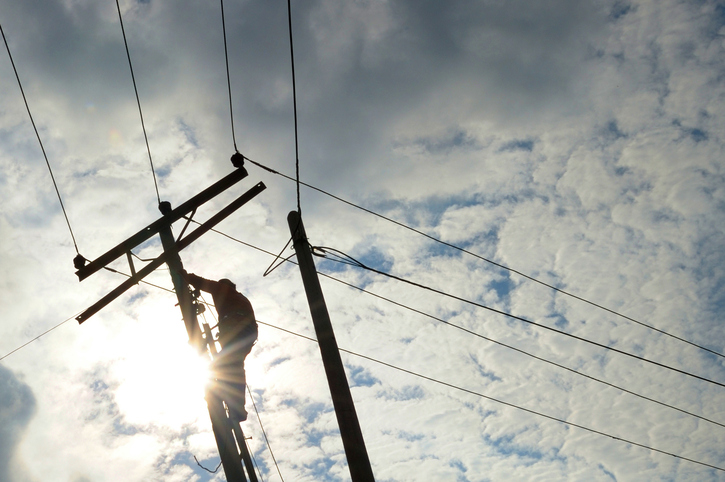Findings from project DINO has indicated that local energy networks could see peak electrical loads increase by 80% by 2040 due to heat pumps, EVs and domestic batteries.
Identified by Evergreen Smart Power via comprehensive modelling, the increasing number of EVs and heat pumps could bring significant strain to local networks with the firm indicating peak electrical loads could increase by 80% by 2040.
The analysis follows on from the recent successes of the Flexibly Responsive Energy Delivery (FRED) trial, which found smart charging can reduce the cost of supplying electricity by 26%.
Due to the increasing emphasis on promoting renewable technologies such as EVs and batteries, the research indicated by 2035, local networks could approach available capacity.
Project DINO, a joint initiative by Evergreen Smart Power, Energy Assets and myenergi, aimed to bridge this issue with the creation of a smart local load management platform.
“By taking a top-down approach to the problem and optimising all houses as one rather than just the individual homes, you can enable widescale low-carbon technology uptake, maximise existing network assets and defer costly network reinforcements,” said Chris Williams-Hall, project lead on Project DINO.
According to Evergreen, the DINO cloud platform communicates with the electrical network assets, as well as domestic EVs, batteries and heat pumps.
The platform combines user heating and charge preferences, weather forecasts, and electricity prices, to manage electrical loads between neighbouring properties to ensure minimal stress on network assets.
“Project DINO was an important demonstration of the power of Evergreen’s Virtual Power Plant platform at managing domestic assets on a local network,” said Andy McKay, managing director of Evergreen Smart Power.
“The work that Evergreen and our partners completed through this project has provided the insights that we need to move on to trialling real-world installations in a constrained network.”
EVs have been continuing to grow in popularity with seemingly no end to its rapid sale margins as we approach the internal combustion engine sale ban from 2030. The latest data from the Society of Motor Manufacturers and Traders (SMMT), indicated that in September, the UK saw the one millionth plug-in car registered.
Although this is a positive outcome for the decarbonisation of UK transportation, there is a growing consensus that technologies need to be introduced to ensure the energy network will be able to cope with the growing number of EVs.
Battery electric vehicles (BEVs) registered its second highest monthly volume in history with 38,116 units, a 16.5% rise year-over-year (YoY).





